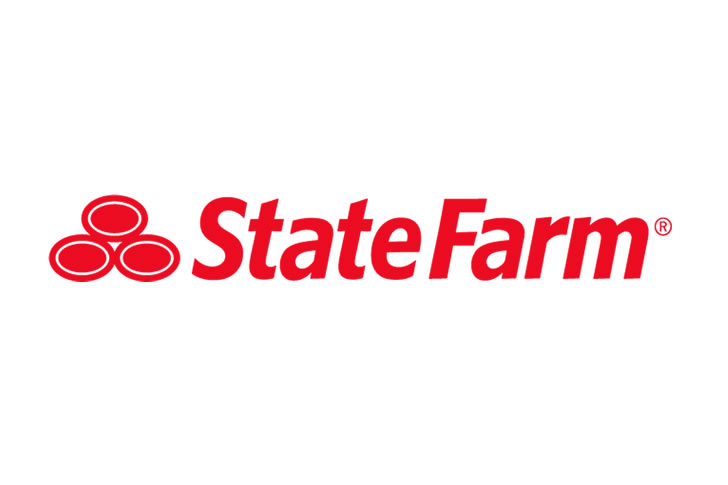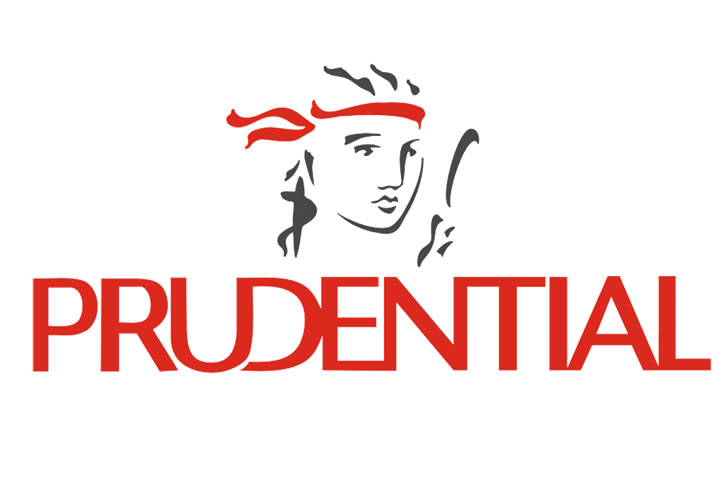How to Choose the Best Life Insurance Plan
Choosing the right life insurance plan is crucial for ensuring your family’s financial security. With various options available, it’s important to understand what each policy offers and how to choose one that best fits your needs.

Understanding Life Insurance Basics
Life insurance provides a financial safety net for your beneficiaries in the event of your death. It helps cover expenses like mortgage payments, education costs, and everyday living expenses. According to the Insurance Information Institute, over 50% of Americans have some form of life insurance (source: iii.org).
Types of Life Insurance:
- Term Life Insurance: Provides coverage for a specified period, typically 10, 20, or 30 years. It is generally more affordable and straightforward.
- Whole Life Insurance: Offers lifelong coverage and includes a savings component known as cash value. Premiums are higher but fixed for life.
- Universal Life Insurance: Similar to whole life, but with flexible premium payments and death benefits. It also includes a savings component.
- Variable Life Insurance: Allows policyholders to invest the cash value in different accounts, like stocks and bonds. Returns and risks vary based on market performance.
Key Factors to Consider When Choosing Life Insurance
1. Determine Your Coverage Needs
Assess how much coverage you need by considering your financial obligations, such as mortgage, debts, and future expenses like college tuition. A common guideline is to have coverage worth 10-15 times your annual income.
2. Evaluate Different Types of Policies
Choose a policy type that aligns with your financial goals and timeline. For instance, term life insurance might be ideal for those seeking affordable, temporary coverage, while whole or universal life insurance can be better for long-term financial planning.
3. Compare Premium Costs
Premiums vary significantly between policies and providers. Term life insurance premiums are generally lower than those for permanent life insurance. Use online calculators or consult with insurance agents to compare costs.
4. Check the Insurer’s Financial Strength
Research the financial health of the insurance company. Strong ratings from agencies like A.M. Best, Moody’s, and Standard & Poor’s indicate reliability and the ability to pay out claims.
Q&A: Common Questions About Life Insurance
Q: How do I know how much life insurance coverage I need? A: Calculate your financial obligations, including debts, living expenses, and future costs like college fees. A financial advisor can also help determine an appropriate coverage amount.
Q: What is the difference between term and whole life insurance? A: Term life insurance provides coverage for a specified period and is generally more affordable. Whole life insurance offers lifetime coverage and includes a savings component but has higher premiums.
Q: Can I change my life insurance policy after purchasing it? A: Depending on the policy, you may be able to adjust your coverage or convert term life insurance to permanent life insurance. Review the policy’s terms or consult your insurer for options.
Q: Are life insurance benefits taxable? A: Death benefits are usually tax-free for beneficiaries. However, policies with a cash value component may have tax implications if the cash value is withdrawn or if loans are taken against it.
Comparing Life Insurance Policies: Price and Features
Here’s a chart comparing different life insurance policies from various providers, highlighting their price ranges and notable features:
| Provider | Policy Type | Monthly Premium ($) | Coverage Amount | Notable Features |
|---|---|---|---|---|
| Haven Life | Term Life | 20 – 60 | $250,000 – $3M | Affordable premiums, digital application process |
| New York Life | Whole Life | 100 – 300 | $50,000 – $1M | Lifetime coverage, cash value growth |
| State Farm | Universal Life | 150 – 350 | $100,000 – $1M | Flexible premiums and death benefits |
| Prudential | Variable Life | 200 – 500 | $100,000 – $1M | Investment options, variable returns |
| Banner Life | Term Life | 25 – 80 | $100,000 – $2M | High coverage options, convertible policies |
| MetLife | Whole Life | 110 – 250 | $50,000 – $500K | Fixed premiums, policy dividends |
| Lincoln Financial | Universal Life | 180 – 400 | $250,000 – $2M | Flexible coverage, strong financial stability |
| MassMutual | Whole Life | 120 – 260 | $50,000 – $1M | Cash value accumulation, policy dividends |
| Ethos | Term Life | 30 – 75 | $100,000 – $1.5M | Simplified issue, fast approval process |
| Guardian | Universal Life | 140 – 300 | $100,000 – $1M | Customizable policies, reliable customer service |
Resources for Choosing the Best Life Insurance
To help you find the best life insurance plan, consider these reputable resources:
- https://www.consumerreports.org/homepage/
- https://www.nerdwallet.com/best/insurance/life-insurance
- https://www.investopedia.com/best-life-insurance-companies-5079938











Recent Comments